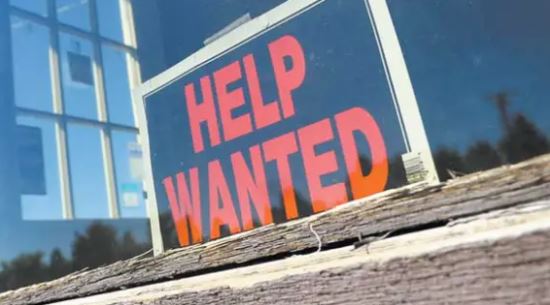Data released Wednesday shows job openings remain at record highs. With 11.4 million job openings, there are 1.9 jobs available for every unemployed worker. At this time in 2019, with a strong labor market and economy, there were 4.1 million fewer job openings because more Americans were working than are today.
Rachel Greszler, Heritage Foundation research fellow in economics, budget, and entitlements, released the following statement Wednesday on these disappointing, but unsurprising, numbers:
“While employers are responding to worker shortages by raising wages and offering new benefits, most Americans workers are actually poorer. In real terms, the average worker has lost $1,800 in earnings over the past year.
“Unfilled job openings are particularly troubling heading into the summer season when many businesses count on increased employment, especially among young Americans. The outlook for this age group is particularly troubling, as employment among workers ages 20 to 24 has declined by more than any other age group, with these young workers accounting for 75% of the net decline in employment since February 2020.
“In addition to some COVID-19-related welfare-without-work benefits, such as expanded Obamacare subsidies and increased food stamp benefits that are still making it easier for some people to not work, high inflation stoked by the government’s spending spree and the Fed’s printing of trillions of dollars has made it more costly for people to pay for things like gas and cars that they need to get to work.
“Shortages of workers will translate into reduced services, limited supplies of goods, longer wait times, and potentially travel delays or cancellations this summer. Working families will be the hardest hit.”















